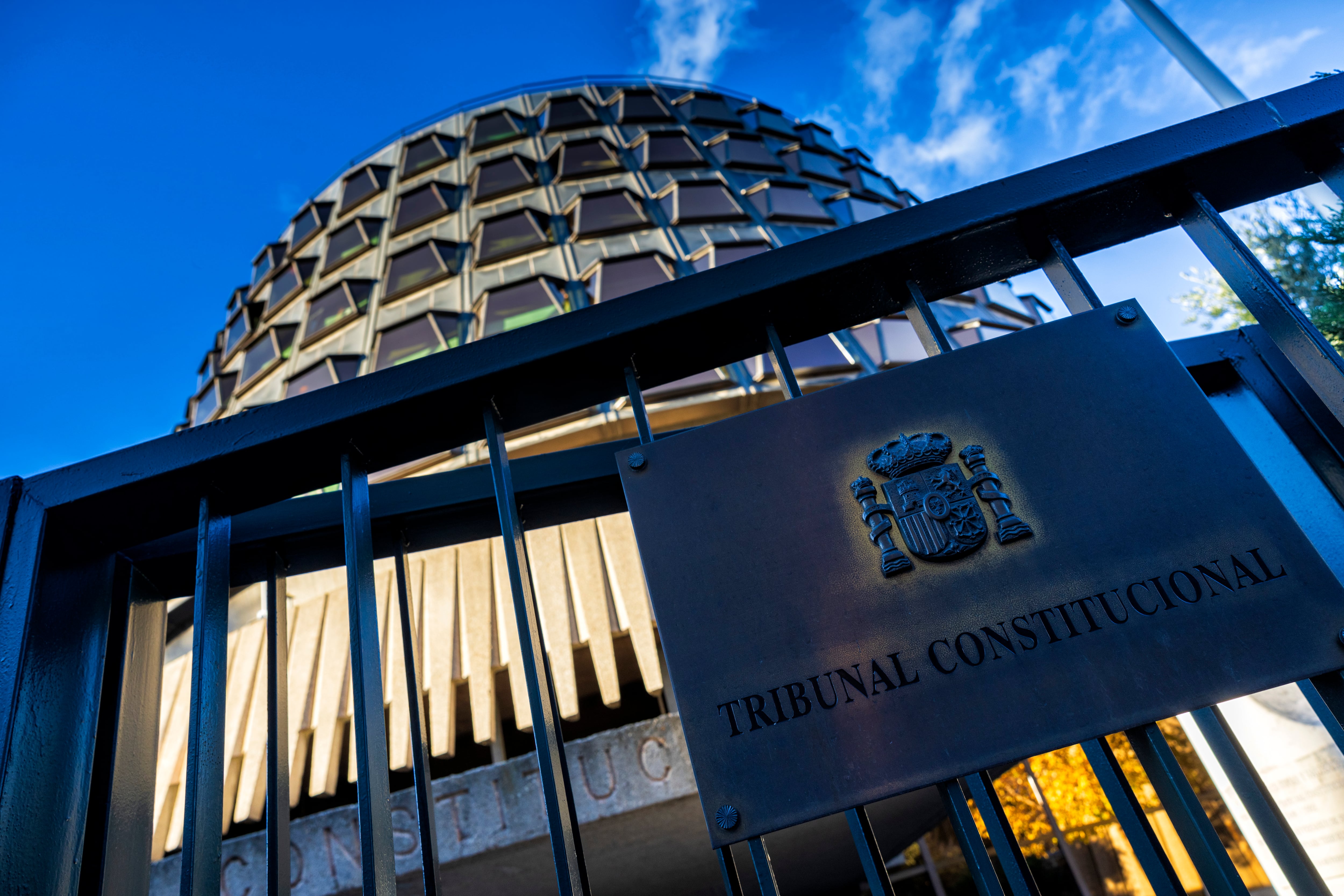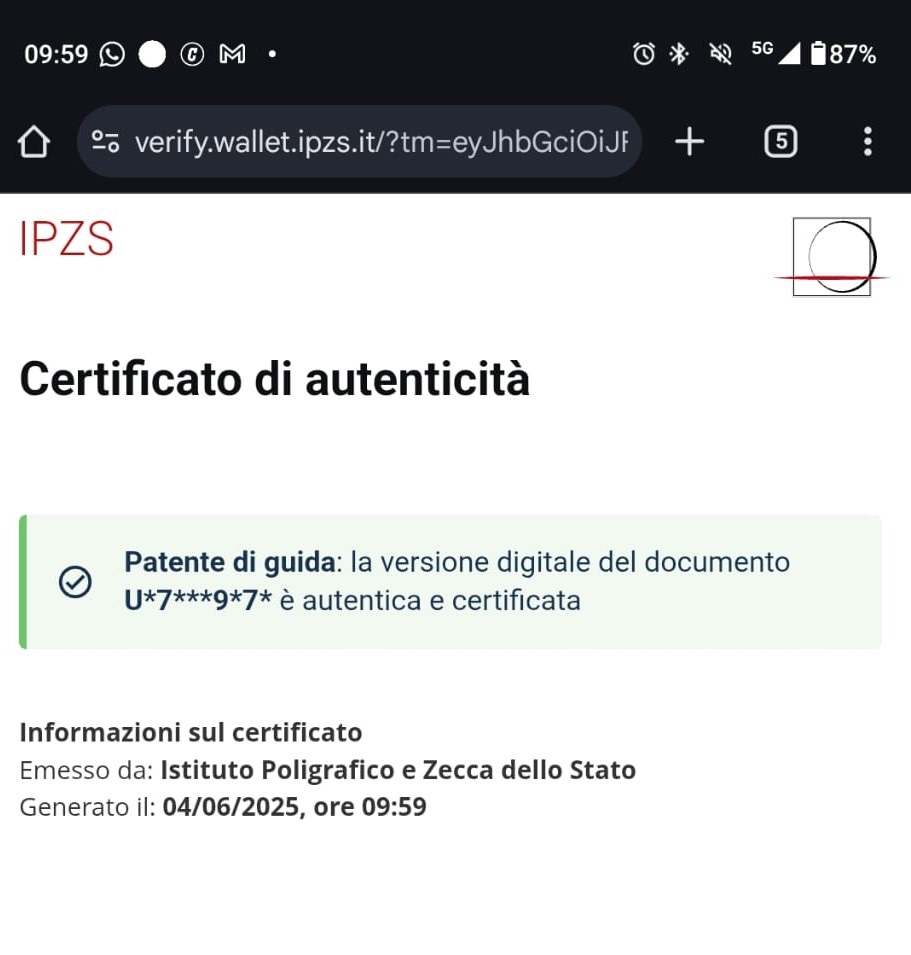The Constitutional suspends the repeal of the Democratic Memory Law of Cantabria | Spain

The Constitutional Court has admitted the government appeal against the repeal of the Law of Historical and Democratic Memory of Cantabria, a decision adopted by the Autonomous Parliament last November, with the support of the PP and Vox. The Executive invoked in the presentation of its appeal of unconstitutionality article 161.2 of the Constitution, which provides for the automatic suspension of the contested norms. The Law of Historical Memory of Cantabria, therefore, remains in force, with effects for the parts of the process from the date of interposition of the resource, which was presented last 12. For third parties, said date will be the day following the publication of this resolution in the Official State Gazette (BOE).
He Government He informed last 11, before filing the challenge, that the Autonomous Community « declined the invitation to sit down to negotiate an agreement » in the Bilateral Cooperation Commission, « in order to avoid the appeal. The possibility of establishing a negotiation that avoids initiating a procedure in the Constitutional is provided for in article 33.2 of the Organic Law that governs the functioning of the Guarantee Body.
In addition, the presentation of the unconstitutionality appeal had the favorable report of the State Council, which estimated that the repeal of the Autonomous Democratic Memory Law could violate various principles and rights proclaimed by the Constitution. This opinion argued that Cantabria's new legislation should be appealed in all its aspects. The report textually appreciated « the origin of the challenge of the entire law. »
The Government's appeal argued that the Cantabrian Standard « does not make a technical or aseptic repeal of the autonomous democratic memory legislation, but that it eliminates all the forecasts of the Autonomic Democratic Memory Law » and « completely repealed the legal statute of the victims, as well as the collaboration forecasts that allowed the effective application of the state law. » The challenge estimated that the consequence of all this is that « this derogation in block underwent the fulfillment of the state democratic memory law. »
« In our law, » added the Government's appeal, « the memory duty is clearly established in article 34 of the Democratic Memory Law, which is issued under the exclusive competence of the State for the regulation of basic conditions that guarantee the equality of all Spaniards in the exercise of rights and in the fulfillment of constitutional duties ”. It was also underlined that this duty affects all public administrations, as established in article 14 of the Democratic Memory Law.
The Government argued, in short, that this duty of collaboration has as its purpose that the attention is guaranteed by all public administrations to the victims of serious violations of human rights in the terms established by the Law of Democratic Memory. All this in accordance with the Constitution and « in accordance with the International Human Rights Treaties in the matter ratified by Spain. » Along with this, the challenge states that the aforementioned repeal law is contrary to the distribution of powers between the state and autonomic administrations and those mentioned principles of collaboration and cooperation.
In turn, the Government of Cantabria stated through its president, María José Sáenz de Buruaga (PP), that the law repealed by agreement of the Autonomous Parliament last November « was born dead. » He argued in this regard that the rule was promoted by the PSOE and the Regionalist Party of Cantabria (PRC) in the previous legislature and without pretending “consensus or in the form or in the background”, since these parties, ”he added – did not admit dialogue about their content.







